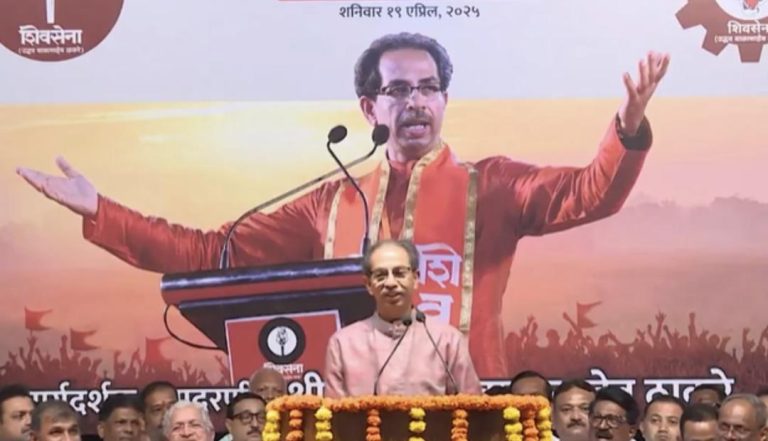
Inter-religious land transfers allowed in Assam with state’s approval: CM
In a significant move aimed at promoting communal harmony in Assam, the state government has allowed inter-religious land transfers, provided the state government’s approval is obtained. This decision was announced by Chief Minister Himanta Biswa Sarma, who emphasized that the government would thoroughly scrutinize each case to ensure that the measure does not disrupt the fragile communal balance in the state.
The news was first reported by News18, a prominent Indian news outlet, which cited a statement made by the Chief Minister on social media platform X. According to the report, the Chief Minister stated that the government has allowed inter-religious land transfers, but emphasized that the state’s approval would be mandatory for each case.
The decision is seen as a significant step towards promoting religious tolerance and understanding in Assam, where communal tensions have been a persistent issue. Over the years, there have been instances of violence and intolerance towards religious minorities, particularly Muslims, in the state. The decision to allow inter-religious land transfers is seen as an attempt to correct this imbalance and promote a more inclusive and harmonious society.
However, the Chief Minister also emphasized that the government would not compromise on the issue of communal harmony. He stated that the government would thoroughly review each case of inter-religious land transfer to ensure that it does not disrupt the social fabric of the state. This move is seen as a cautious approach to address the concerns of various religious groups in the state.
The decision to allow inter-religious land transfers has been welcomed by many, who see it as a step towards promoting greater understanding and tolerance. However, there are also concerns that the move could lead to further communal tension and conflict. Many religious groups in the state have expressed concerns that the decision could lead to the encroachment of lands belonging to minority communities.
In recent years, there have been several instances of communal violence and intolerance in Assam, which have been attributed to the growing influence of extremist Hindu groups in the state. The state government has been accused of turning a blind eye to these incidents, which has led to growing concerns about the safety and security of religious minorities in the state.
The decision to allow inter-religious land transfers is seen as a significant step towards addressing these concerns. By allowing the transfer of lands between different religious groups, the government is sending a clear message that it is committed to promoting greater tolerance and understanding in the state.
However, the implementation of this decision will be crucial. The government will need to ensure that the process of approving inter-religious land transfers is transparent and fair, and that the interests of all religious groups are taken into account. The government will also need to take concrete steps to address the concerns of minority communities, who have been disproportionately affected by communal violence and intolerance in the state.
In conclusion, the decision to allow inter-religious land transfers in Assam with the state’s approval is a significant step towards promoting communal harmony in the state. While there are concerns about the potential risks and challenges associated with this decision, it is also an opportunity to promote greater understanding and tolerance between different religious groups in the state.
As the government moves forward with implementing this decision, it will be crucial to ensure that the process is transparent, fair, and inclusive. The government will need to take concrete steps to address the concerns of minority communities, and to promote greater understanding and tolerance between different religious groups in the state.
Source:






